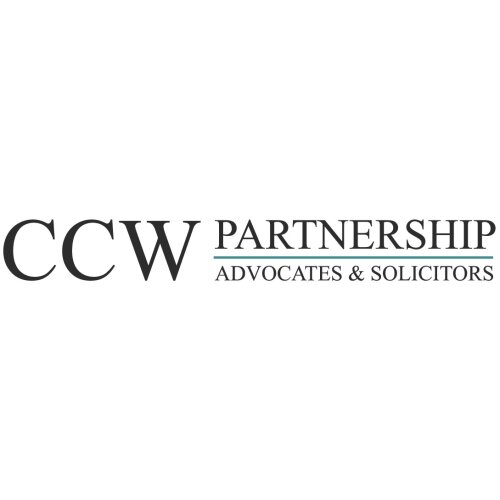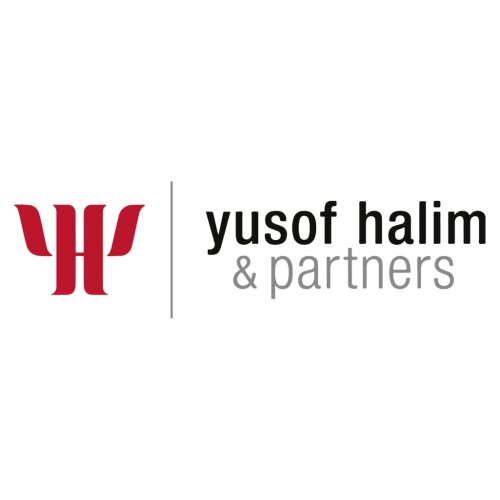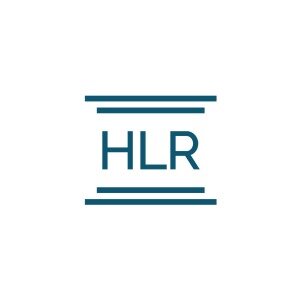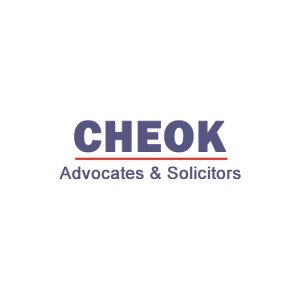Best Tax Increment Financing Lawyers in Bandar Seri Begawan
Share your needs with us, get contacted by law firms.
Free. Takes 2 min.
List of the best lawyers in Bandar Seri Begawan, Brunei
About Tax Increment Financing Law in Bandar Seri Begawan, Brunei
Tax Increment Financing (TIF) is a public financing method used as a subsidy for redevelopment, infrastructure, and other community-improvement projects within a municipality. In Bandar Seri Begawan, Brunei, TIF aims to incentivize economic development by using future gains in taxes to finance improvements that will create those gains. This tool can be particularly useful for encouraging development in underdeveloped or blighted areas, enhancing infrastructure, and boosting the local economy.
Why You May Need a Lawyer
There are numerous situations where legal assistance might be necessary regarding Tax Increment Financing in Bandar Seri Begawan:
- If you are a developer or investor looking to initiate a project that may qualify for TIF support, understanding the legal frameworks and qualifying criteria is crucial.
- If you are a municipality or a local government body, you may need legal guidance to implement TIF districts and ensure compliance with financial and legal responsibilities.
- Companies involved in preparing and submitting proposals for TIF projects often require legal assistance to ensure they meet all regulatory requirements.
- Community members concerned about potential impacts of TIF projects on their local areas might seek legal advice to understand their rights and avenues for feedback.
Local Laws Overview
The legal framework for Tax Increment Financing in Bandar Seri Begawan involves several key components:
- Approval Process: TIF projects typically require approval from various governmental layers, ensuring projects align with strategic development goals.
- Funding Structure: The way future tax increments are calculated and allocated is delineated by local statutes, affecting both developers and municipalities.
- Compliance Requirements: Projects must comply with local zoning laws, environmental regulations, and any other applicable local ordinances.
- Public Involvement: There are guidelines on how public opinions must be solicited and how stakeholders can be involved in the TIF process.
Frequently Asked Questions
What is the primary purpose of Tax Increment Financing?
TIF is generally aimed at stimulating economic development and revitalization in specific areas by funding necessary public infrastructure and other improvements.
How can a developer apply for TIF funding?
A developer typically needs to prepare a detailed proposal, demonstrating how their project meets the criteria for TIF funding and contributes to economic development goals.
What are the risks involved in TIF for developers?
Risks can include changes in future tax increment projections, potential changes in local legislation, and the ability to meet requisite compliance regulations.
How does TIF affect local communities?
While TIF can lead to significant local improvements, it may also lead to concerns about displacement, increased traffic, and shifts in local tax policy.
Is public approval necessary for establishing a TIF district?
Yes, public hearings and involvement are often part of the process to ensure transparency and public support for TIF projects.
Can TIF be used for residential projects?
TIF is traditionally used for commercial and infrastructure projects, but in some cases, it may be applicable to mixed-use developments that include residential elements.
Who oversees TIF projects in Bandar Seri Begawan?
Typically, local government bodies or specific TIF committees oversee these projects, ensuring alignment with municipal priorities.
How long does a TIF district last?
The duration of a TIF district can vary but is often limited to a set number of years, during which tax increments are used to repay the original investment.
Can individuals oppose a TIF project?
Yes, during the public consultation process, individuals can voice their concerns and objections to proposed TIF projects.
What happens once TIF obligations are met?
Post completion, any added taxes contribute directly to the municipality without any obligation to reimburse development or infrastructure costs.
Additional Resources
The following resources can be valuable for those seeking more information on Tax Increment Financing in Bandar Seri Begawan:
- The Ministry of Finance and Economy for financial guidelines and support resources.
- The local municipal government for information on current TIF projects and processes.
- Chambers of Commerce or local business associations can provide networking opportunities and additional insights.
Next Steps
If you believe you need legal assistance in the area of Tax Increment Financing, consider taking the following steps:
- Consult with a legal professional experienced in Brunei's financial and development laws to gain specific and tailored advice.
- Participate in local workshops or seminars on TIF, often held by local economic development groups.
- Engage with community organizations or advocacy groups for additional support and to gather community insights on TIF initiatives.
Lawzana helps you find the best lawyers and law firms in Bandar Seri Begawan through a curated and pre-screened list of qualified legal professionals. Our platform offers rankings and detailed profiles of attorneys and law firms, allowing you to compare based on practice areas, including Tax Increment Financing, experience, and client feedback.
Each profile includes a description of the firm's areas of practice, client reviews, team members and partners, year of establishment, spoken languages, office locations, contact information, social media presence, and any published articles or resources. Most firms on our platform speak English and are experienced in both local and international legal matters.
Get a quote from top-rated law firms in Bandar Seri Begawan, Brunei — quickly, securely, and without unnecessary hassle.
Disclaimer:
The information provided on this page is for general informational purposes only and does not constitute legal advice. While we strive to ensure the accuracy and relevance of the content, legal information may change over time, and interpretations of the law can vary. You should always consult with a qualified legal professional for advice specific to your situation.
We disclaim all liability for actions taken or not taken based on the content of this page. If you believe any information is incorrect or outdated, please contact us, and we will review and update it where appropriate.














